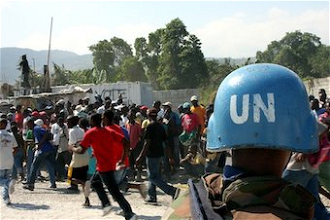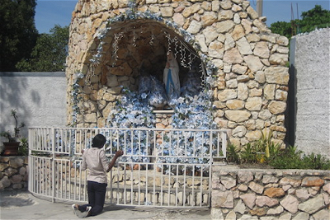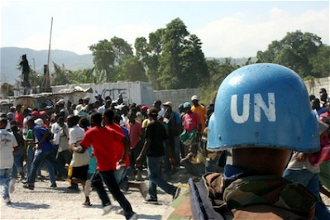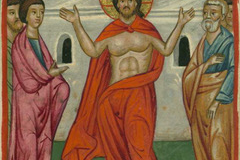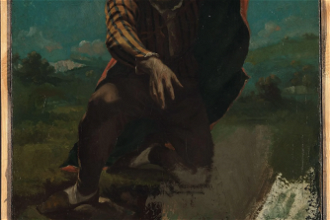Letter from Haiti (1): 'people feel abandoned and hopeless'
Although images of Haiti became commonplace in the UK media for some weeks after January’s devastating earthquake, nothing can prepare you for your first taste of the Western hemisphere’s poorest nation.
As we cross the border from the Dominican Republic – following the road which will tomorrow lead us to Port-au-Prince itself – relative organisation descends into utter chaos. The border zone, which hugs the side of a large and inconveniently placed lake, is a mish-mash of aid trucks, construction vehicles, 4x4s, pick-ups, motorbikes, coaches, animals, police, soldiers, vendors and pile upon pile of rubbish.
As one of the main arteries between the DR and Haiti, this no man’s land was a scene of unthinkable carnage in the aftermath of January’s earthquake, say Progressio staff who have travelled across the border week in, week out since the quake hit.
Less than five months have passed since the tremor struck, claiming 300,000 lives and leaving scores injured – and tens of thousands more without loved ones, homes and businesses. As we walk around an American Refugee Council camp for internally displaced people, just outside the town of Fonds Parisien, it is clear that tensions are still running high.
“They have abandoned us,” said Sonia, 48, who is living in a tent which wouldn’t look out of place on a European camp site. She says the Haitian government cares little for its people – not one government minister has been to visit them, Sonia complains, adding that they have “no idea” what life is like for the thousand or so people living on this scrap of land, without water, food or electricity.
For this former entrepreneur, who owned her own sewing business in Port-au-Prince, this hopeless situation is beyond frustrating. She says there is nothing for her or her fellow refugees to do, nor does she expect to be moving on anytime soon. “We’re here for the long term,” she says, looking around her tent, hopelessly.
But Sonia is one of the lucky ones. A little further into Fonds Parisien, a tiny town which straddles the main road to Port-au-Prince just half an hour’s drive away, we hear stories of people losing brothers, sisters, friends. One lady, Veonie, tells me she lost most of her family in the quake – and came to Fonds Parisien with nothing. “Now we are starving,” she says. “We have no food – we are hungry and we need help.”
Memories of what happened in these towns and villages in the days and weeks after the quake are still fresh in people’s minds. Bernadette, who lives metres away from a crumbling church from which Progressio is distributing weekly rations of food to those who were directly affected, thought she had lost her daughter,Vanessa.
For three days she visited the hospitals of Port-au-Prince, lifting sheets covering dead bodies to see if her daughter was among them. Days later, Vanessa found her way home to Fonds Parisien.
Tomorrow we head further west, on to the Haitian capital itself. There the stories of survival are likely to become much less common.
Jo Barrett is Progressio’s media officer.



